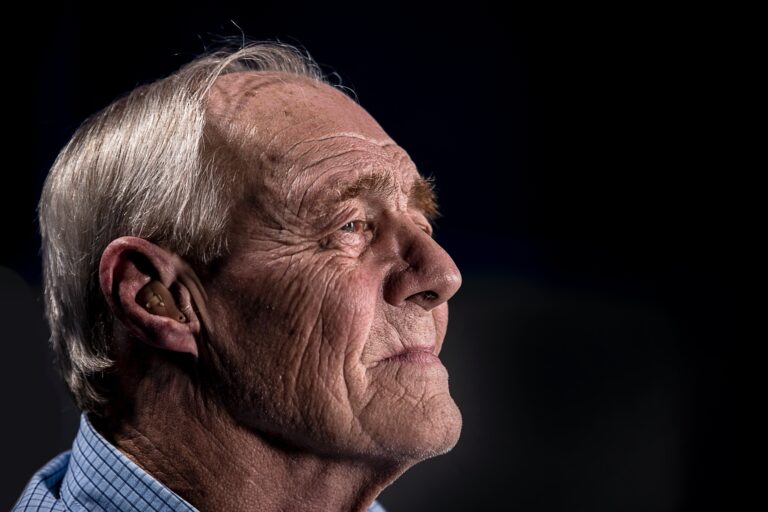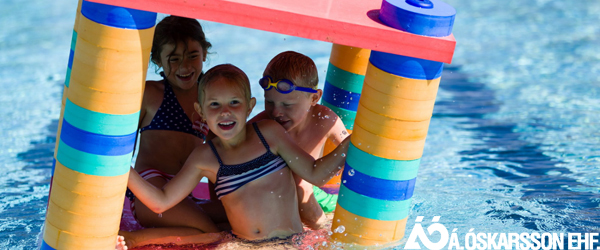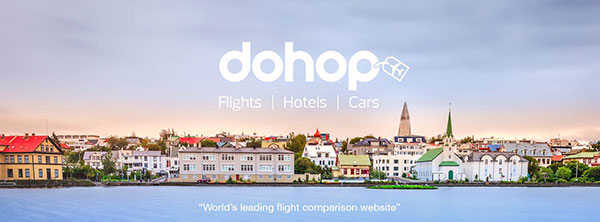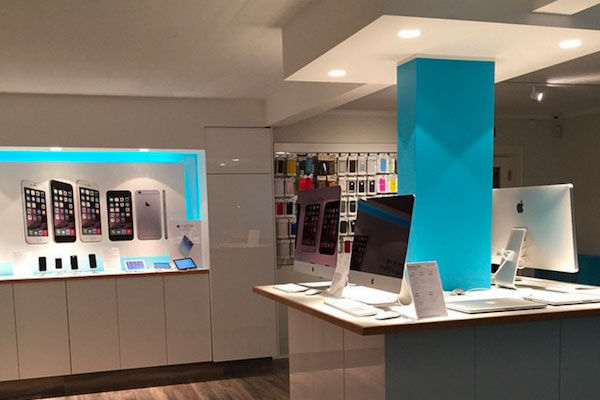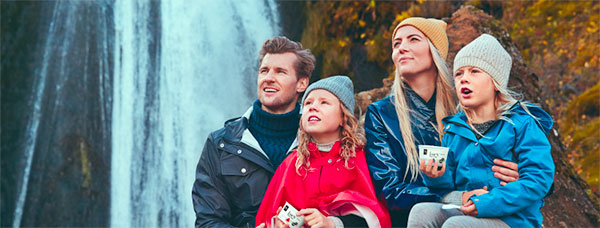Queer senior citizens are facing oppression inside retirement homes and the care system. GayIceland has chatted with Svandís Anna Sigurðardóttir and Viðar Eggertsson about the issues, being brave in the fight against aging, and what can be done to help.
Yet the question still remains, why bother trying to make retirement homes more queer anyway? Some argue that they’ll just become queer when more open and accepting generations move in. After all, it’s quite difficult to have a progressive conversation about critical race theory and gender identity with our grandparents. Older generations are set in their ways and often go on long rants with some cringe-worthy language. But we have to meet them where they are, which means avoiding the new complex terms and helping them unpack their sometimes outdated terminology.
“Well this one gay guy I met was kind of alright”
Svandís Anna Sigurðardóttir is working on these issues and many others at the Reykajvik office of Human Rights and Democracy. She knows this well. “That’s a big part of my job, it is a tricky balance between wanting to go in and say “things should be like this, you should be doing that” which is sometimes what I’d like to do (laughs), and hearing some people say like “I don’t know about this trans stuff,” like “I once saw this gay guy and he was kind of alright”,” she jokes. “This is kind of where some people are at. If I start with the pronouns they should be using they’re just going to close their ears and walk out. It’s not going to work. We have to meet people where they are. It’s a really tough balance to strike,” she says.
To level the playing field and speak to this generation in terms they understand it’s more helpful to get them to relate to discrimination they may have experienced. That way they take pause to think “oh, right, maybe what I’m saying is a bit unsavory.” Svandís explains that even though their views on pansexuality and gender determination may not be the same as ours, it’s important that we explain to them the current laws and how things have changed. “When this generation was 10-15 years old, quite a few decades ago, the discussion about gender and sexuality was quite a different thing. If it wasn’t a normal straight relationship it was just “gay” which was “weird.” Just looking at the situation at hand now, this is a group of people, this was their socialization at that time. We have to work within that context, but at the same time respect these new policies and laws. A certain person or group might not agree, but at the end of the day it’s about human rights,” she says.
“When this generation was 10-15 years old, quite a few decades ago, the discussion about gender and sexuality was quite a different thing. If it wasn’t a normal straight relationship it was just “gay” which was “weird.”
“My job is finding a way to make this more understandable,” says Svandís. “I’m not going to dumb the material down, I’m not going to pretend that things aren’t changing, but what I want to do is get people to understand how things are changing and why they should change their viewpoint. That they should get on board.”
Just assume someone here is queer

Whenever Svandís is out and about in Reykjavík teaching staff about LGBTQ+ issues, sometimes she has to lay down the law. If someone is uncomfortable with talking about trans people in swimming pool locker rooms, she uses her expertise and knowledge to both support and inform them. “There’s no gray area of “should we be talking about this”,” she says. “It’s the law, we’re supposed to do these things. Just so you know, you’re supposed to do this regardless of what you think,” says Svandís. That way, employees in public institutions can also feel like they have the rules and laws to fall back on. “It’s also to empower them and show them that they’re providing a public service for the elderly, parents, or students.”
The best solution is for institutions to have this training and awareness in place from the beginning, not just when they encounter a trans student or an intersex citizen using city services. “The message is not dissimilar to when I go into a primary school and say “just assume that in every class that you teach there are some queer students,” says Svandís. “Assume that and move forward with that in mind. Make sure that the discourse is queer-friendly because there’s a queer student in that class. Do the same with the elderly. Assume that in this home, group, or whatever that there’s at least one queer person there. And if there isn’t, they might have queer children, queer friends, whatever it might be,” she says.
At the end of the day, if they’re still not getting it, sometimes it helps to have them walk a mile in our shoes. “Sometimes it’s traumatic,” she says. “I go in and have to say “look, can you imagine growing up listening to this stuff, hearing people use words that make fun of you every single day or a really derogatory slur?” Then they say “oh, ok. So I should stop the kids who are teasing others saying “gay, gay, gay” all the time?” Like, yes! Of course, you should be! Every time!” she laughs.
What about the Icelandic countryside?
When asked if this work has an impact in just Reykjavík or if it reaches the surrounding areas, Svandis says. “My work is purely within the city, but we do hear and talk with people outside the city especially within the smaller towns and villages. It can be really lonely and tricky there. You’ve got this one kid that comes out every so often in such a small community.” With about 60% of Iceland’s population living in the capital area, most Icelanders often forget that it’s a different lifestyle in Siglufjörður or Bolungarvík.
Her own family member from the countryside even called for help with a queer student. “I was just talking to my aunt who lives in a small town up north and she’s a teacher. She said “yeah, I’ve got two trans children in school. One of them is gender fluid and is sometimes using different pronouns and names and stuff. And she said, “I don’t know what to do with this!” I’m about to go and teach this child next.”
So I told her, well just go and ask the child. Just say “Hi, this is my name. These are my pronouns. What are yours?” She was mind blown, like of course! So, it’s actually quite simple. Just tell the child to let you know if their pronouns or name changes. And if you mess up, just apologize and move on. These are very easy ways of showing solidarity and respect,” she says.
“Assume that in this home, group, or whatever that there’s at least one queer person there. And if there isn’t, they might have queer children, queer friends, whatever it might be.”
Then, if simple solutions don’t work Svandís and her office have resources that can help. “We’ve got stuff up on our website. Use it! We put it out there as Reykjavik but everyone can access it and we do realize that Reykjavík is one of the only municipalities that has a human rights and democracy office.” She says “most places will have one person who’s the gender equality officer because you’re supposed to have that by law and that person might just be doing that 20% amongst other things. We realize this position we’re in and that we’re quite strong compared to the others but we can always do much much better. So we’re very willing to share and help others if they ask for it.”
Where are all the queer Icelanders over 60?
One of the hardest parts about helping queer elders facing prejudice and oppression in the care system is that it’s incredibly difficult to find and quantify this group of people. There’s just not a lot of research and empirical data on how many older Icelanders identify as queer or how many of them have had issues connected to their sexuality, identity, and healthcare. Many of them also don’t use computers at all, so online surveys are null and void.
This article is brought to you by GayIceland and sponsored by the city of Reykjavík.

